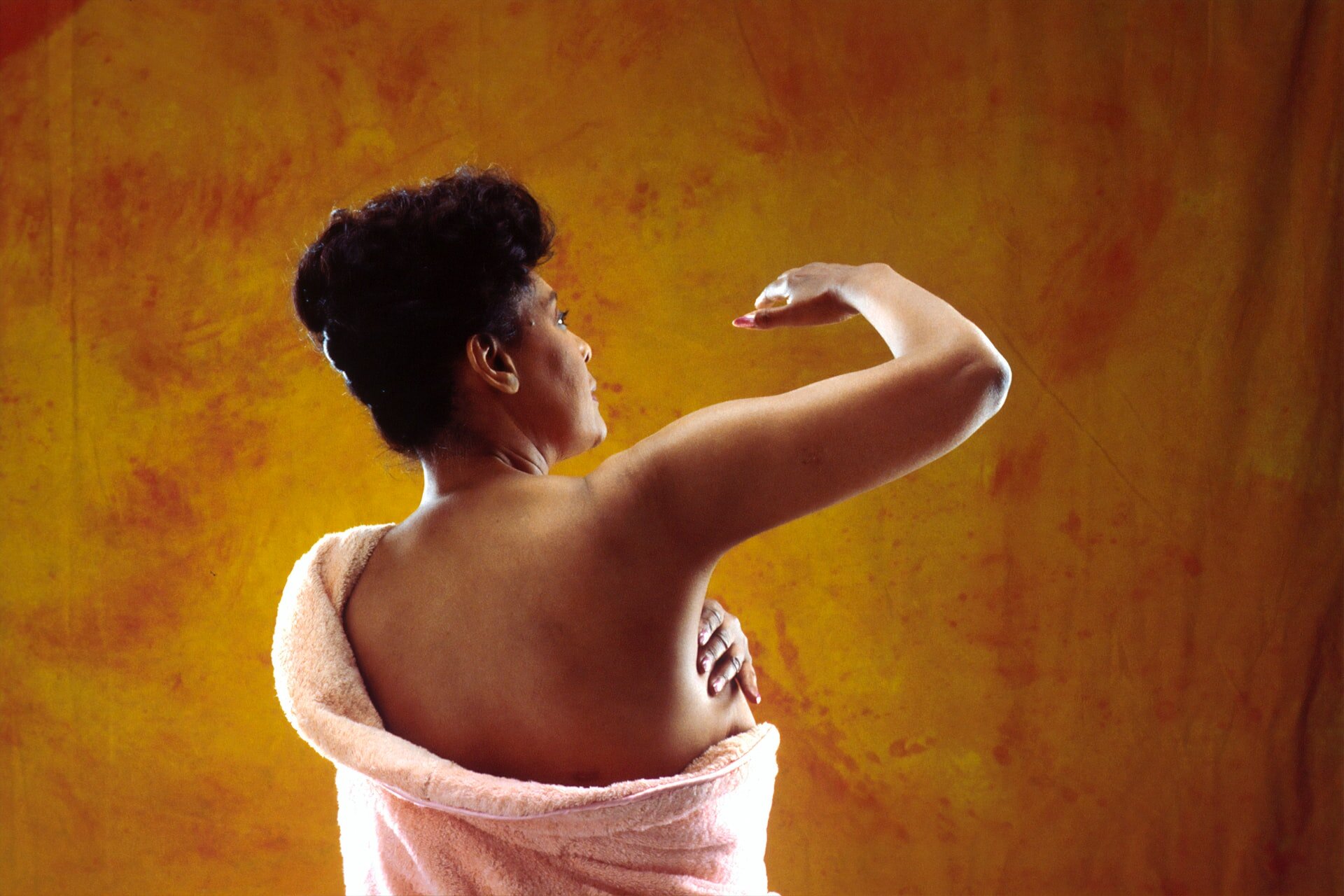The Truth About Breast Health
For some women, breasts add to their femininity—no matter the size or shape, all women want a lifetime of healthy breasts. Obtaining healthy breasts starts with being educated on what you can do to stay on top of your breast health.
It’s always good to be aware of your body, and when it comes to your breasts, it’s good to know how your breasts normally look and feel. Routine breast care is the key to catching breast cancer early and any other noncancerous conditions.
We all know someone or have heard of someone who has battled with breast cancer. According to the American Cancer Society, there are 1 in 8 women in the United States diagnosed with breast cancer, and it’s the second leading cause of cancer death in women.
Black women must be more proactive about their breast health. Black women are diagnosed with breast cancer at a slightly lower rate than white women; however, Black women are 40% more likely to die from the disease. According to the American Cancer Society, black women are also more likely to have triple-negative breast cancer, a rare and aggressive cancer that does not respond to hormonal treatment.
You may hear a lot about breast cancer, but do you have a plan for preventive care? Here are a few preventative steps you can take for your breast health.
Breast Self-Exam
Some sources no longer recommend breast self-exams because of the unreliable results. But a monthly self-exam at home is a way to help you detect any changes in your breasts that you may need to bring to your physician’s attention. If you notice any of the following, see your physician immediately.
Lump
Nipple pain
Swelling
Nipple discharge (leaky fluid)
Clinical Breast Exam
You should have a clinical breast exam performed every one to three years by your physician to check for lumps or any physical changes. Once you turn 40, you should get a breast exam every year.
Mammogram Screening
A mammogram is an X-ray picture of your breast. It’s the best test physicians use to look for early signs of breast cancer. When the disease is caught at an early stage, there is a better chance for a successful treatment.
The American Cancer Society recommends women start yearly mammogram screening as early as 40. If you have a family history of breast cancer, it is recommended you begin screening as early as 35. Speak to your healthcare physician about a personalized screening schedule.
For some women, a mammogram is uncomfortable and a bit nerve-wracking because of the idea they may get a positive diagnosis. If you are proactive with your regular mammogram screenings, you will likely lessen your fear of your results.
Healthy Lifestyle
Other ways to keep your breasts healthy are maintaining a healthy weight by exercising moderately at least 30 minutes a day and adding more fruits and vegetables to your diet.
You can also lower your risk of breast cancer by not smoking and limiting your alcohol intake to no more than one drink a day.
Caring for your breast health doesn’t have to be nerve-wracking. The goal is to have healthy breasts for life, and when you know better, you do better.
Schedule Your Next Breast Health Screening with Dr. Gore Today
If you have any questions regarding your breast health or would like to schedule an appointment for your breast health screening with Dr. Gore, contact North Atlanta Breast Care today!
Disclaimer: This article is not a substitution for seeking medical attention.

